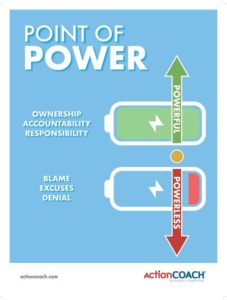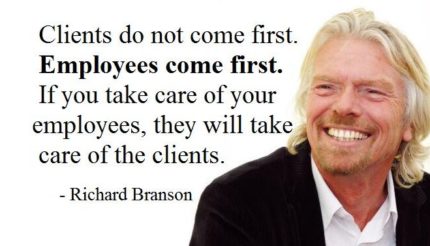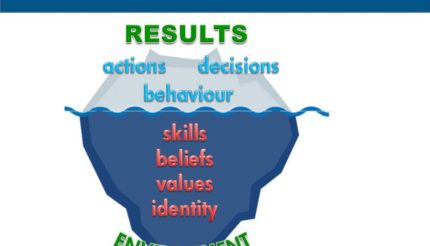A situation in which one party blames others for something bad or unfortunate rather than attempting to seek a solution.
What I’m about to share with you here, was a game changer for me in business. And it should be a game changer for any other business leaders as well.
When I was running my first business, I managed to achieve a certain level of success. My business had grown rapidly, was turning over £1.5 million and I had 40 staff, all within 6 years of starting.
However, for the next 7 years, I wasn’t able to grow my business passed that £1.5 million mark. Back then, you would have heard me complaining and blaming external influences, which were out of my control.
You just can’t get the staff
The economy is in recession
There’s too much competition
The truth was, I was looking for excuses and not facing up to the reality that the issue was me.
I just didn’t know enough about the areas of business where I needed to improve. As a business leader, it is vital to always strive for personal and professional improvement.
Once I became a coaching client, and committed to mastery (see my last post), my mindset has changed completely.
I am no longer looking for excuses, but always looking inwards for improvements.
At ActionCOACH, we call this The Point Of Power.

If you are below the point of power, you are in BED.
Looking for others to Blame, making Excuses, or even in Denial.
You are powerless, because you have put your results in the hands of others.
If you are above the point of power, you have an OAR to guide your business.
You take Ownership of your business and your results, you hold yourself Accountable if things don’t go the way you planned, and you are Responsible for making things better.
You have the power to make improvements, and your results are your own. A true business leader.
The same should go for your team. Create a culture which is above the point of power, so that all your employees are accountable for their own results.
However, when mistakes are made and things go wrong, this doesn’t mean you now have the opportunity to blame your staff.
A true business leader needs to look for system improvements to solve the problems, and ensure that they never happen again in the future.
Removing the margin for human error means you’re much closer to creating a business that works without you.
80% of a business should be run by its systems, 20% by its people.
For more advice on creating a business that works without you, visit The 7 Day Weekend YouTube channel or come to one of my upcoming workshops.






